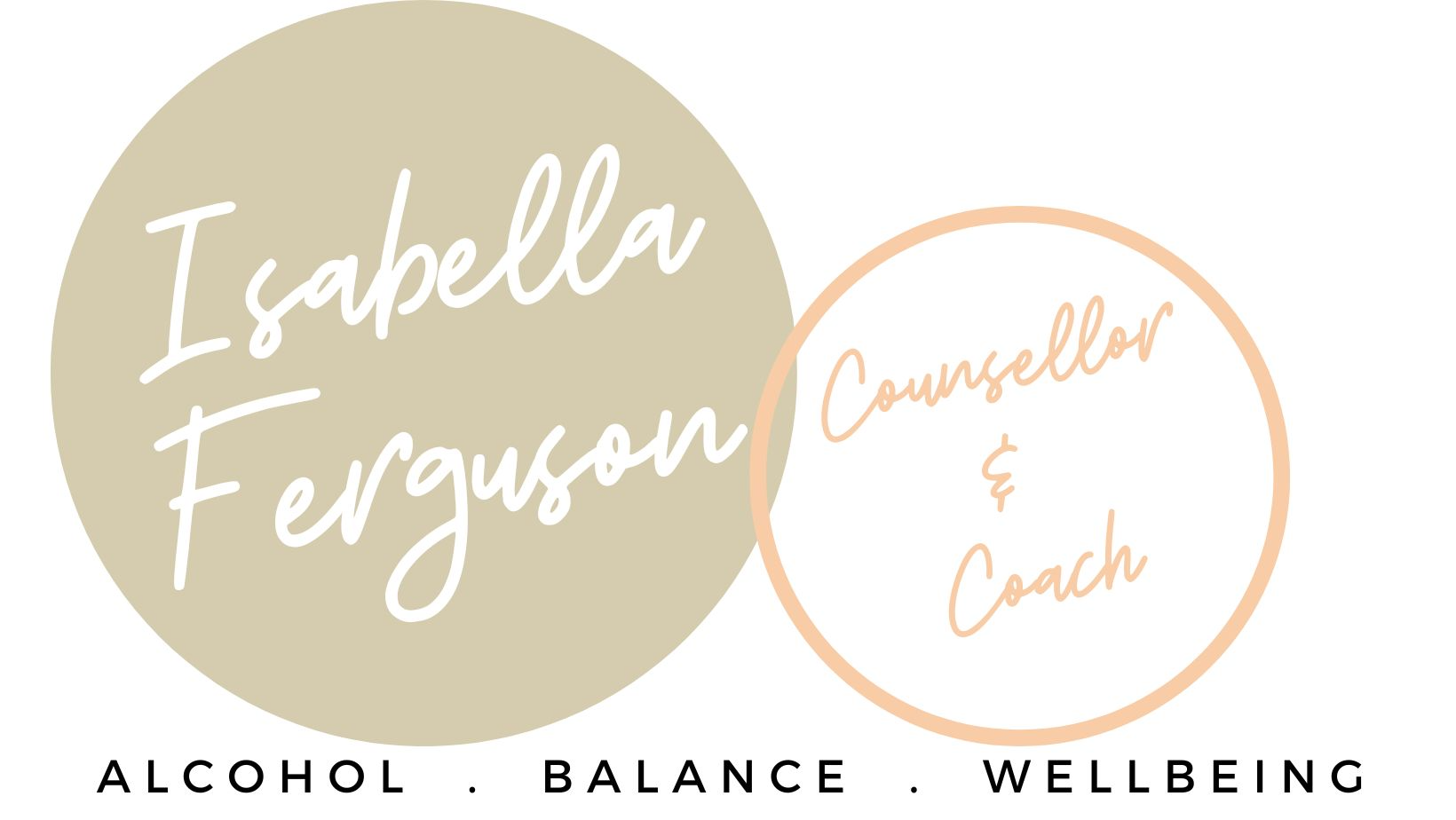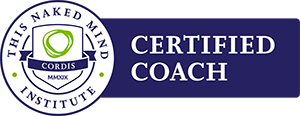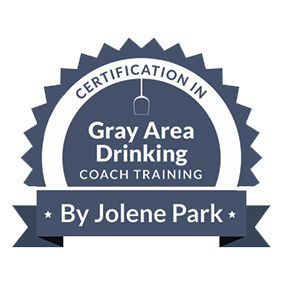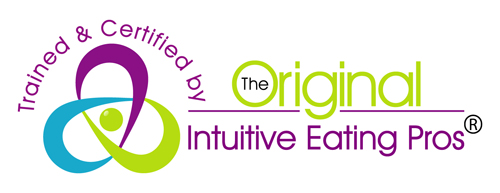Is Your Nightly Wine Holding You Back from Reaching Your Fitness Goals?
The Sneakers or the Wine?
When I was a regular drinker, I found it really hard to sustain a solid exercise routine. Exercise has always featured high on my to-do list, but when drinking was involved, I found the fatigue it caused really prevented me from excelling.
There were many iterations of this. Sometimes I partied hard and exercised hard, often leading to overwhelm. Sometimes I drank in excess, made poor food decisions and stopped exercise all together. However the happiest I have been exercise-wise (and mood-wise) is when I have been alcohol-free. It is just so much easier to prioritise a good solid hour a day (most days of the week) with a solid work out when I am feeling happy, healthy and motivated without alcohol holding me back. Can you relate?
Whether you’re a seasoned athlete or you are just starting to ramp up your fitness levels, the impact of alcohol on your performance is something that shouldn’t be overlooked. While the occasional drink might seem harmless, consistent alcohol consumption can significantly hinder your progress, impairing your sporting goals in ways you might not expect. So, let’s talk about them!
1. Dehydration and Reduced Performance
Alcohol is a diuretic, which means it increases urine production and leads to dehydration. Hydration is key to maintaining optimal performance. Dehydration can reduce your body’s ability to regulate temperature, lead to muscle cramps, and decrease overall energy levels. This not only affects your performance during a workout or game but can also prolong recovery times, making it harder to train consistently and effectively.
2. Impact on Muscle Recovery and Growth
For athletes or mums / dads like me with high (often unrealised fitness goals!), muscle recovery is just as important as the workout itself. Alcohol interferes with the body’s ability to repair and build muscle. After intense exercise, your body needs protein synthesis to rebuild muscle fibres and recover. Alcohol inhibits this process by lowering levels of testosterone, a hormone crucial for muscle repair and growth, and increasing levels of cortisol, a stress hormone that can lead to muscle breakdown. I don’t know about you, but I need all the help I can get to recovery quickly these days and so the less alcohol in our lives to do so the better!
3. Impaired Motor Skills and Coordination
Alcohol not only impacts our pre-frontal cortex, but also affects the central nervous system, leading to impaired motor skills, coordination, and reaction times. This occurs when your blood alcohol levels are slightly elevated but also continues into the next day after a night drinking. This, mixed with dehydration and fatigue, makes for a pretty average exercise session. For sports that require precise movements, quick reflexes, and excellent hand-eye coordination, alcohol consumption can severely impact your ability to perform. Even moderate drinking can slow down your response times, making you more prone to mistakes and injuries during training or competition.
4. Disrupted Sleep Patterns
Quality sleep is essential for athletic performance, as it allows your body to recover and prepare for the next day’s challenges. Alcohol, however, disrupts sleep patterns by affecting the REM (Rapid Eye Movement) stage, which is the most restorative phase of sleep. Poor sleep can lead to fatigue, decreased cognitive function, and lower energy levels, all of which negatively impact your training and performance. In reality, the fatigue and flat mood associated with a hangover acts as a massive disincentive to pulling on your sneakers and heading out the door to move your body. Alcohol diminishes our motivation to move. It’s already hard enough during winter to stay motivated, why make it harder on ourselves?! But wait, there’s more. Exercise is crucial for sustaining our mental health. I’d go so far as to say that it is an essential component of staying alcohol-free, feeling happy and healthy. Alcohol just makes everything so much harder.
5. Increased Risk of Injury
With impaired coordination, slower reaction times, and reduced muscle recovery, the risk of injury increases. Alcohol also affects your judgment and decision-making abilities, making you more likely to take risks that could lead to accidents. Injuries can set back your training schedule, sometimes taking weeks or even months to fully recover, derailing your sporting goals.
6. Nutritional Deficiencies
Alcohol contains “empty” calories—calories that provide no nutritional value. Additionally, alcohol plays havoc with our blood sugar system, increasing sugar and fatty food cravings. In short, excessive drinking can lead to poor dietary choices and nutritional deficiencies. For those of us wanting to keep fit, maintaining a balanced diet is crucial for fuelling workouts, supporting recovery, and sustaining energy levels. Poor nutrition can weaken your immune system, making you more susceptible to illness and further hindering your ability to train effectively.
7. Mental and Emotional Impact
Alcohol is often used as a coping mechanism for stress, but it can actually exacerbate mental and emotional challenges. It can lead to increased anxiety, depression, and a lack of motivation—all of which can undermine your commitment to your sporting goals. A clear and focused mind is essential for achieving success in any athletic endeavour, and alcohol can cloud your judgment and reduce your drive to succeed.
Conclusion
When considering the trade-offs of having a few drinks at the end of a hard day, you should factor in how alcohol will impact your exercise or sporting goals the next day. If you’re serious about achieving your sporting aspirations, it may be worth considering how alcohol fits into your lifestyle and whether it’s holding you back from reaching your full potential.
Playing the tape forward, consider the dehydration, the fatigue, the poor nutritional choices and the prolonged recovery time, not to mention the impact to your motivation. After an evening drinking you will be hard pressed to get up the next day and exercise as effectively as you otherwise would have, if at all. With this comes the repercussions to your mental health. Best to be forearmed with all of this knowledge if you are unsure about whether to have a drink or not.
For those who find it challenging to reduce or eliminate alcohol, seeking support, programs like my Alcohol Revolution Program or the Alcohol Freedom Challenge can be a valuable step toward aligning your lifestyle with your fitness and performance goals.
The sneakers or the glass of wine? Easy choice!
If you would like to learn more about alcohol, take a look at my online alcohol course, the Alcohol Revolution, which can be purchased as a 2-week or a 6-week course. Learn more here.
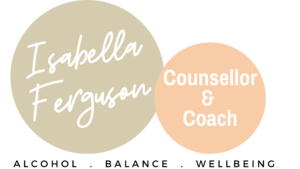
 What types of triggers do you have?
What types of triggers do you have?